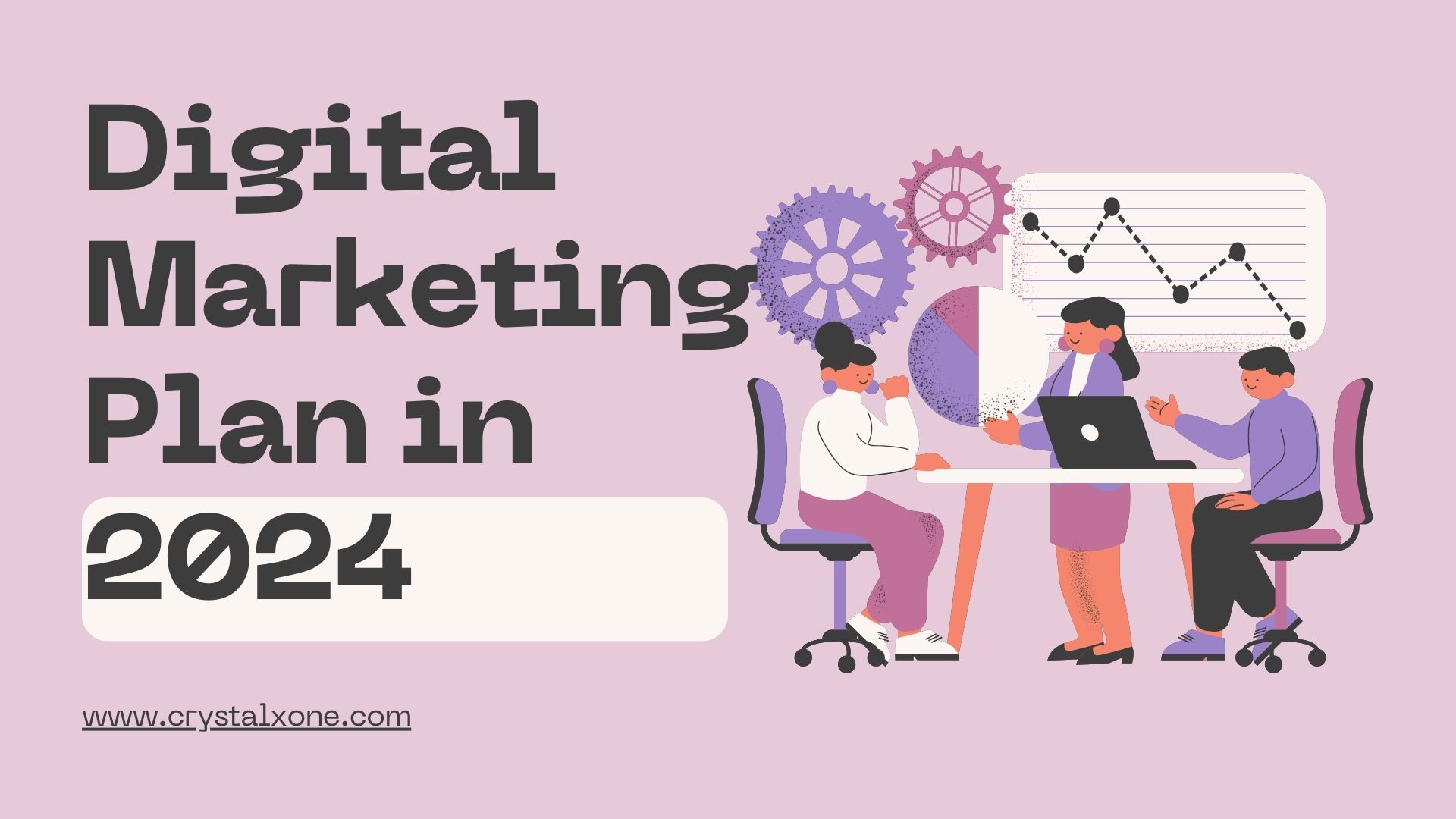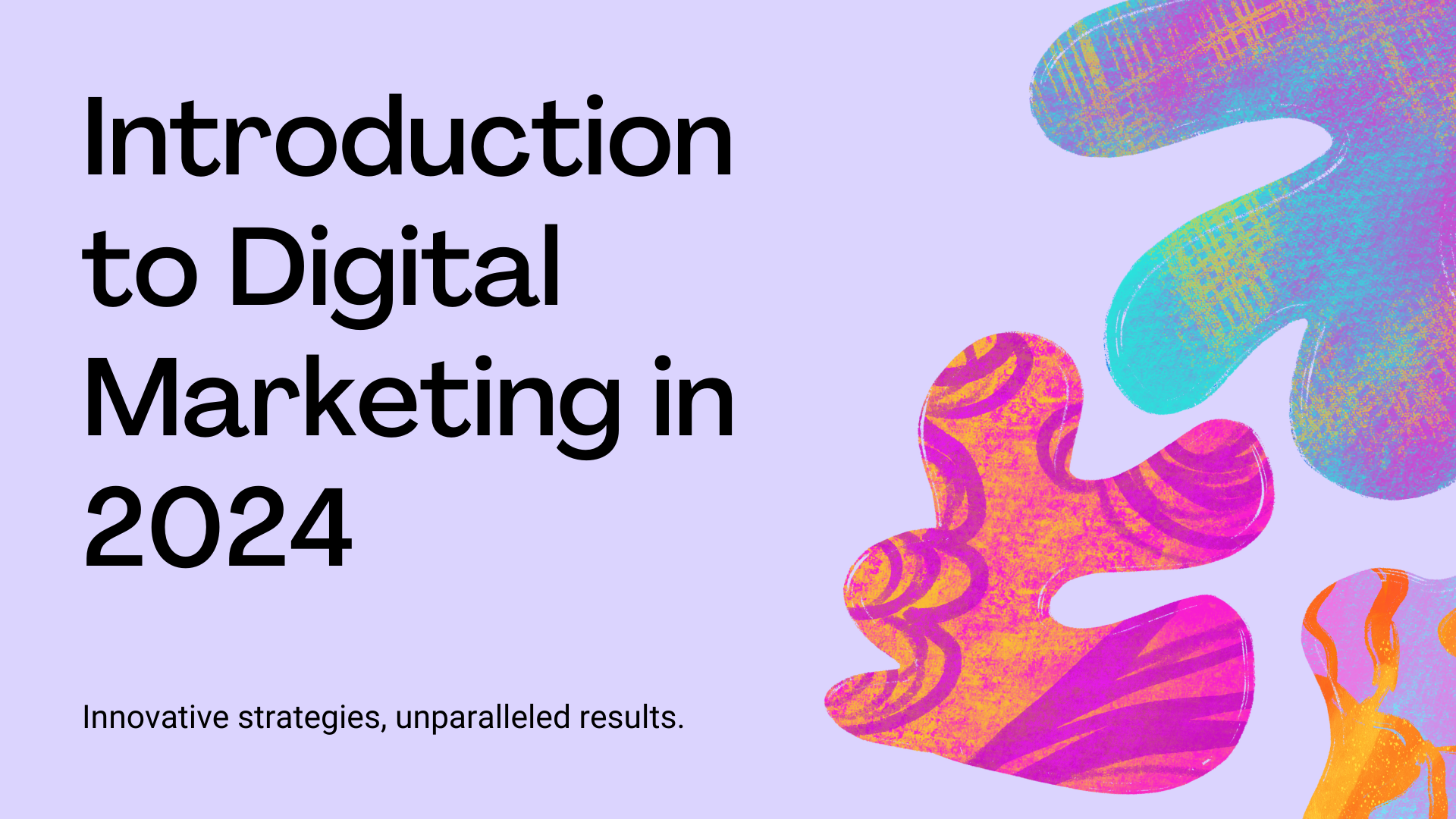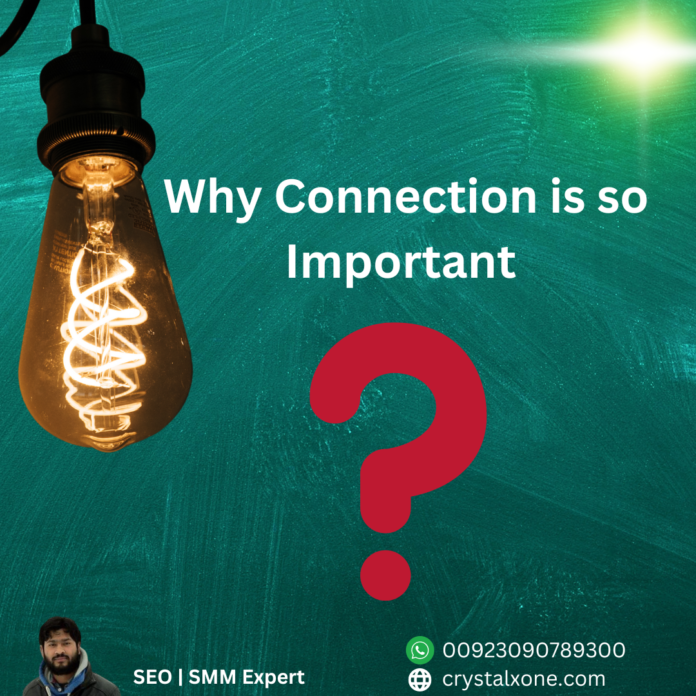Demystifying Search Console: A Beginner’s Guide to Mastering Google in 2024
Introduction:
Welcome to the fascinating world of Google Search Console (GSC), a treasure trove of insights for website owners and SEO enthusiasts. Whether you’re a budding blogger, a seasoned marketer, or simply curious about how your website fares in Google’s eyes, GSC is your one-stop shop for understanding and optimizing your online presence. This comprehensive guide, tailor-made for beginners in 2024, will equip you with the knowledge and tools to unlock the full potential of GSC and dominate search results.
Unlocking the Secrets of GSC:
What is Google Search Console?
Imagine having a direct line to Google, where you can peek into how they see your website. That’s essentially what GSC offers. It’s a free web service by Google that provides valuable data and tools to help you improve your website’s search performance. Think of it as your personal dashboard for optimizing your visibility and attracting organic traffic.
Benefits of Using GSC:
- Track Search Performance: Monitor how your website appears in Google searches, including clicks, impressions, and ranking positions for specific keywords.
- Identify Website Errors: GSC scans your website for technical issues like broken links, mobile usability problems, and indexing errors, allowing you to fix them and improve user experience.
- Submit Sitemaps: Tell Google about all your important pages using sitemaps, ensuring they get crawled and indexed efficiently.
- Monitor Mobile Usability: Understand how your website performs on mobile devices, crucial in today’s mobile-first world.
- Analyze Rich Results: Track performance of rich snippets like recipes, product information, and FAQs, enhancing your search result appearance.
- Receive Security Alerts: Get notified about potential security threats or malware on your website, keeping it safe and secure.
Getting Started with GSC:
- Sign Up and Add Your Website:
Navigate to https://search.google.com/search-console/about and sign in with your Google account. Click “Add a property” and choose between adding your entire domain or specific URL prefixes. Follow the verification steps, which might involve adding a meta tag or uploading an HTML file to your website.
- Explore the Interface:
The GSC interface is user-friendly, but here’s a quick breakdown:
- Overview: Get a general snapshot of your website’s performance.
- Performance: Deep dive into keyword rankings, clicks, impressions, and average position.
- URL Inspection: Analyze specific URLs for indexing status, mobile usability, and technical issues.
- Sitemaps: Submit and manage your sitemaps for efficient crawling.
- Mobile Usability: See how your website performs on mobile devices and identify areas for improvement.
- Security & Manual Actions: Check for any security issues or manual penalties from Google.
Essential Features for Beginners:
Performance Report:
This report is your goldmine of information. Understand which keywords drive traffic, how your pages rank, and identify areas for improvement. Click on specific queries to see individual URLs and analyze their performance further.
Mobile Usability Report:
In today’s mobile-first world, having a mobile-friendly website is crucial. This report highlights any mobile usability issues that might hinder your search ranking and user experience. Fix these promptly to offer a seamless mobile experience.
URL Inspection Tool:
Need to troubleshoot a specific page? Enter its URL in the inspection tool to check its indexing status, mobile usability, and other technical aspects. Fix any identified issues to ensure smooth crawling and indexing.
Crawl Errors Report:
This report lists any errors Google encountered while crawling your website. These errors can prevent proper indexing, so addressing them is essential. Common errors include broken links, 404 errors, and robots.txt blocking issues.
Sitemaps:
Submitting a sitemap helps Google discover and index your website pages efficiently. Use a plugin or manually create an XML sitemap and submit it through GSC. Update your sitemap regularly to reflect new pages and changes.
Pro Tips for Beginners:
- Monitor Regularly: Check your GSC dashboard regularly to stay updated on performance and identify potential issues early on.
- Focus on User Experience: Prioritize fixing mobile usability issues and technical errors as they impact user experience and search ranking.
- Content is King: Create high-quality, relevant content that targets your audience and aligns with search intent.
- Link Building: Earn backlinks from high-authority websites to boost your website’s credibility and ranking.
- Local SEO: If you have a local business, optimize your website and GSC profile for local searches.
- Stay Informed: Keep yourself updated on Google’s algorithm changes and SEO best practices to adapt your strategy.
Conclusion: Mastering the Search Console, One Step at a Time
Congratulations! You’ve completed your initial journey through the wonders of Google Search Console. Remember, mastering SEO is a continuous process, and GSC will be your ever-reliable companion along the way. As you delve deeper into the world of SEO, keep these concluding thoughts in mind:
Consistency is Key: Regular monitoring, analysis, and implementation of improvements are crucial for sustainable success. Treat GSC as your personal SEO coach, checking in regularly for guidance and feedback.
Stay Curious: The SEO landscape is dynamic, with new trends and algorithm updates emerging frequently. Stay informed, adapt your strategies, and leverage GSC’s features to stay ahead of the curve.
Community Matters: Don’t hesitate to seek help from the SEO community. Forums, blogs, and online resources offer valuable insights and support from fellow learners and experienced professionals.
More Info: Unlocking the Path to Marketing Success









